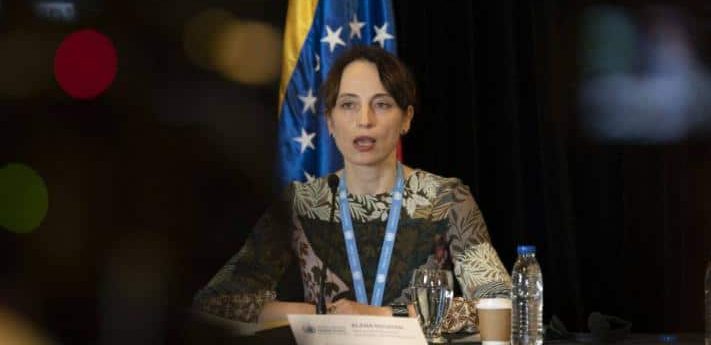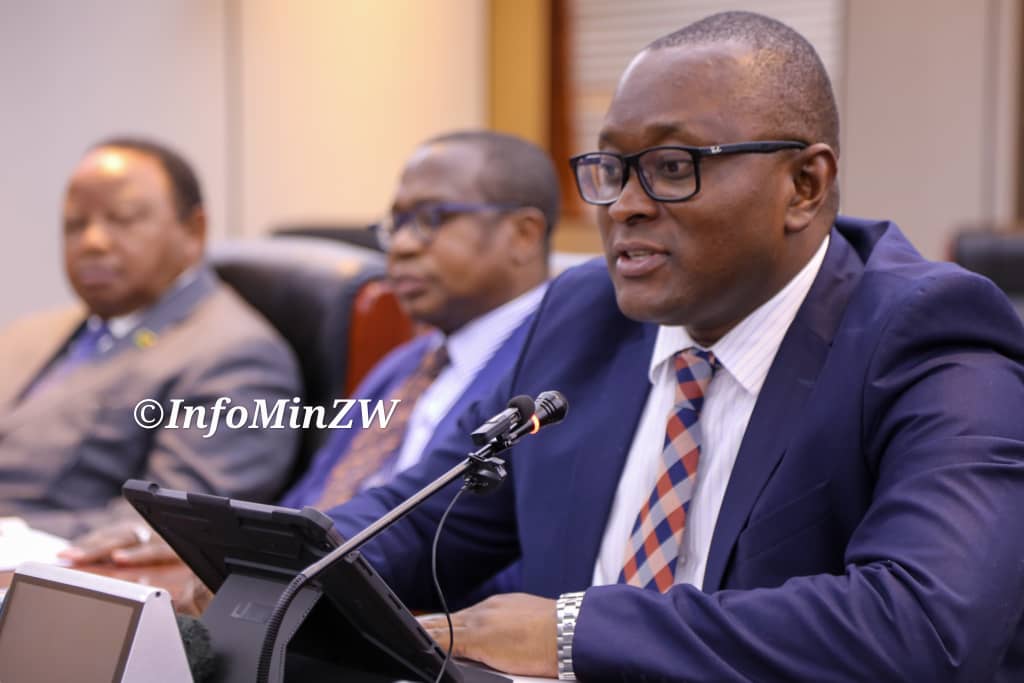African countries urged to collectively tackle debt issue
Share

Harare(New Ziana) -African countries should increase collaboration for them to emerge from the current debt situation they are in and to avoid a similar predicament in future, the African Forum and Network on Debt and Development (Afrodad) has said.
While African debt was already growing unsustainably before the current COVID-19 pandemic, the onset of the global health crisis has exacerbated the situation.
As of February 2021, countries in either debt distress or facing high risk debt distress were in the global south and mostly in Sub-Saharan Africa.
Last year, Zambia became the first African country in the COVID-19 era to default on its loan repayments as the effects of the pandemic took hold.
Further highlighting the precarious debt situation in Low Income Countries (LICs), the UNDP estimates that, total external debt service at risk, from a combined 72 countries, amounted to a minimum of US$598 billion for 2021-2025, US$87 billion of which was expected in 2021 alone.
Debt distress refers to the situation in which a country is so indebted it cannot meet its domestic and foreign financial obligations.
At the Third Annual Zimbabwe Multi-Stakeholder Debt Conference organised by Afrodad in Harare, various stakeholders including government and private sector representatives, legislators and the academia met to thrash out issues to do with debt management.
Afrodad acting director Dr Theophilus Yungong said, “Zimbabwe (for example)is one of those countries which are in debt distress and it is a very concerning issue both for Afrodad and civil society and ordinary citizens in such countries.The problem of debt distress is that it affects development.
“Dealing with this question of debt crisis and debt distress is an important issue and calls for the need to consider how Zimbabwe as an African country already in debt distress can come out of that situation.”
Amongst recommendations by participants was the “need for an inclusive debt management framework that will encompass a multi-stakeholder approach. ”
“There is also need for a comprehensive and independent debt audit with increased Parliament participation. Also, all loans must be contracted in line with the provisions of the Constitution and Acts of Parliament,” participants suggested.
Among measures experts said could help Zimbabwe going forward were capacitating anti-corruption institutions like Parliament, the Environmental Management Agency and the Zimbabwe Anti-Corruption Commission.
“This is so because it is not possible to rein debt when corruption is on the rise. Given that some of the debt is assumed from loss-making State institutions and local governments, there is need to improve governance of the aforementioned. This can be done through implementation of office of the Auditor-General reports and recommendations, as well as ensuring the independence of these institutions and local authorities — insulating them from political interference,” delegates resolved.
Government was also encouraged to borrow prudently, and mostly only for social services; in addition to promoting value-addition and beneficiation.
According to the Mid-Term Budget Review, Zimbabwe’s external debt as of December 2020 was 71.2 percent of GDP at US$10.5 billion, while the domestic debt as of April, 2021 amounted to ZWL$20.9 billion. External debt arrears amount to over US$6.5 billion, which is about 77 percent of total foreign debt.
Finance and Economic Development Minister Professor Mthuli Ncube said Treasury had from March 2021 resumed quarterly token payments to creditors including the World Bank Group, the African Development Bank Group and the European Investment Bank.
At the Afrodad conference, Zimbabwe Coalition on Debt and Development (Zimcodd) director Janet Zhou – whose organisation collaborated in hosting the engagement – said greater transparency and accountability on debt contraction and management would help the country avoid debt distress in future.
“That will go a long way to leverage on the youth dividend that we have by making investments for industrialisation, for start-up businesses and which can grow and lift our youths who are 67% of the population,” she said.
There has been increased interest in debt management issues across Africa in light of the economic stress occasioned by the COVID-19 pandemic.
This saw African civil society adopting the Harare Declaration of August 2021, an Afrodad initiative achieved through the 1st African Conference on Debt and Development.
The Declaration advocates for “reforming of the global debt architecture in a manner that equalises the loan contraction processes – including reform of debt sustainability frameworks and credit ratings assessment”.
In addition, it calls on governments to take the lead in developing a common position on sovereign debt “that definitively seeks to overcome once and for all the distressed nature of the sovereign debt, especially because it has procured and justified by a neo-liberal consensus inconsistent with the interests of African citizens”.
“We urge the African Governments to consider measures such as debt cancellation seriously and, if necessary collective default as part of this new African position and consensus on African sovereign debt, while accelerating the building of new regional institutions such as the African Monetary Fund, an African Development Bank and an African Investment Bank – to increase African financial independence,” the Declaration notes.
The document urges governments to foster transparency and accountability in sovereign debt negotiations, borrowing and debt management as espoused in the African Borrowing Charter.
New Ziana









